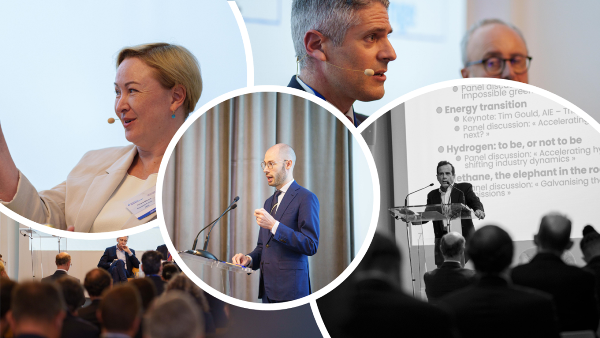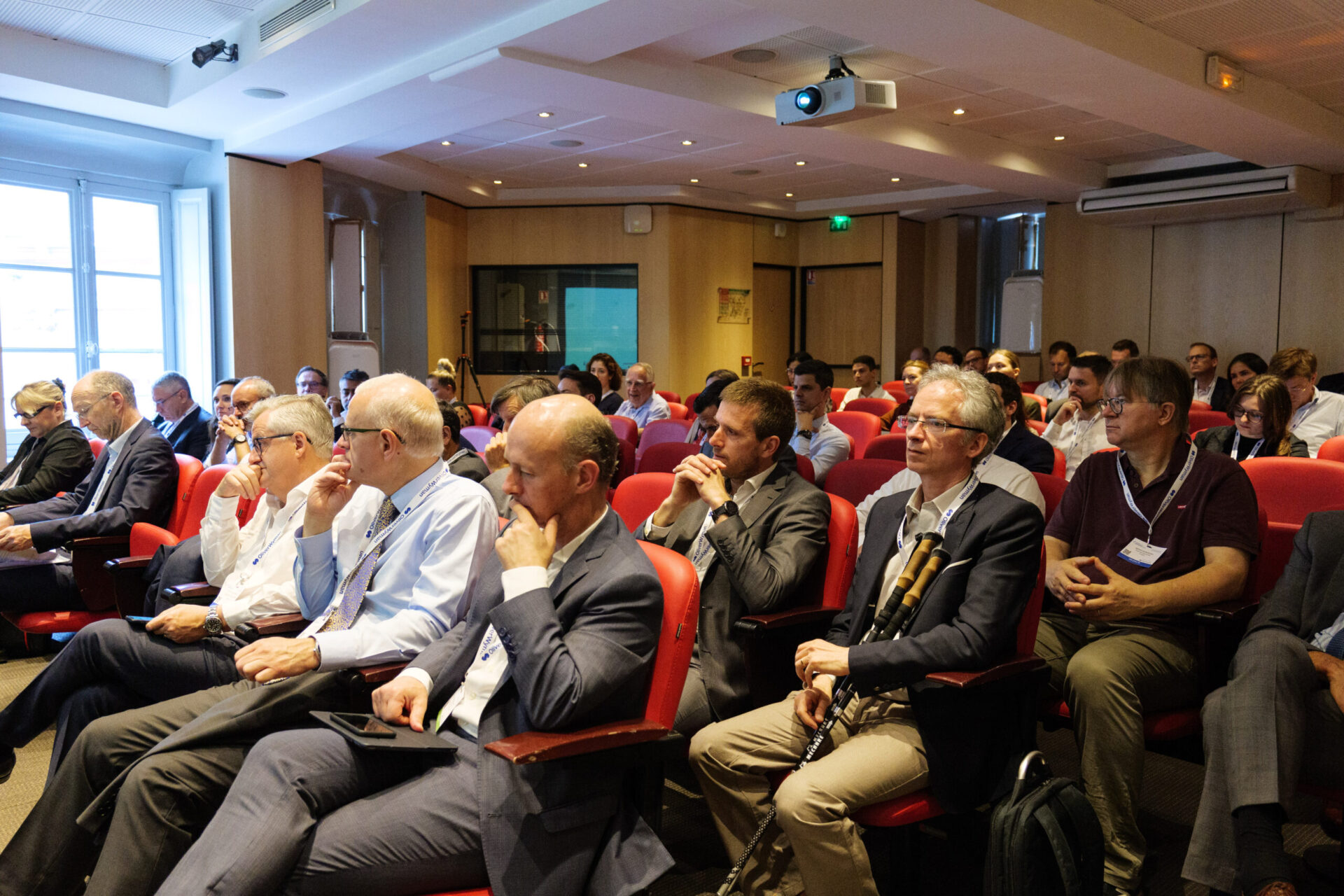Pragmatism, optionality and communication were the words of the day at Cedigaz’ traditional annual seminar held in Paris on June 20th. Members of the European gas industry and overseas producers say these are badly needed to make long-term plans, ensure energy security and a ‘just’ energy transition. More than two years after the unprecedented energy crisis sparked by Russia’s invasion of Ukraine in February 2022, the list of challenges is not short: worsening global macro-economics, industrial demand destruction, chaotic global geopolitics, the imperative to fight climate change, and the necessity for Europe to boost its economic competitiveness and stem the tide of populism that has been fueled by higher food, energy and costs of living.

Political Uncertainty
The event, which brought together more than 70 delegates active across the gas value chain, was dominated by bittersweet feelings. The fact that Europe managed to avert major energy blackouts and worst-case scenarios after the war in Ukraine broke out demonstrated its capacity to respond to reduced Russian gas pipeline supplies.
But this was not without record prices spikes and wider socio-economic damages, from job losses at industrial sites in Europe, to costs incurred by poorer nations in emerging markets who could not afford to pay record LNG prices and turned to coal and oil for their own energy security.

